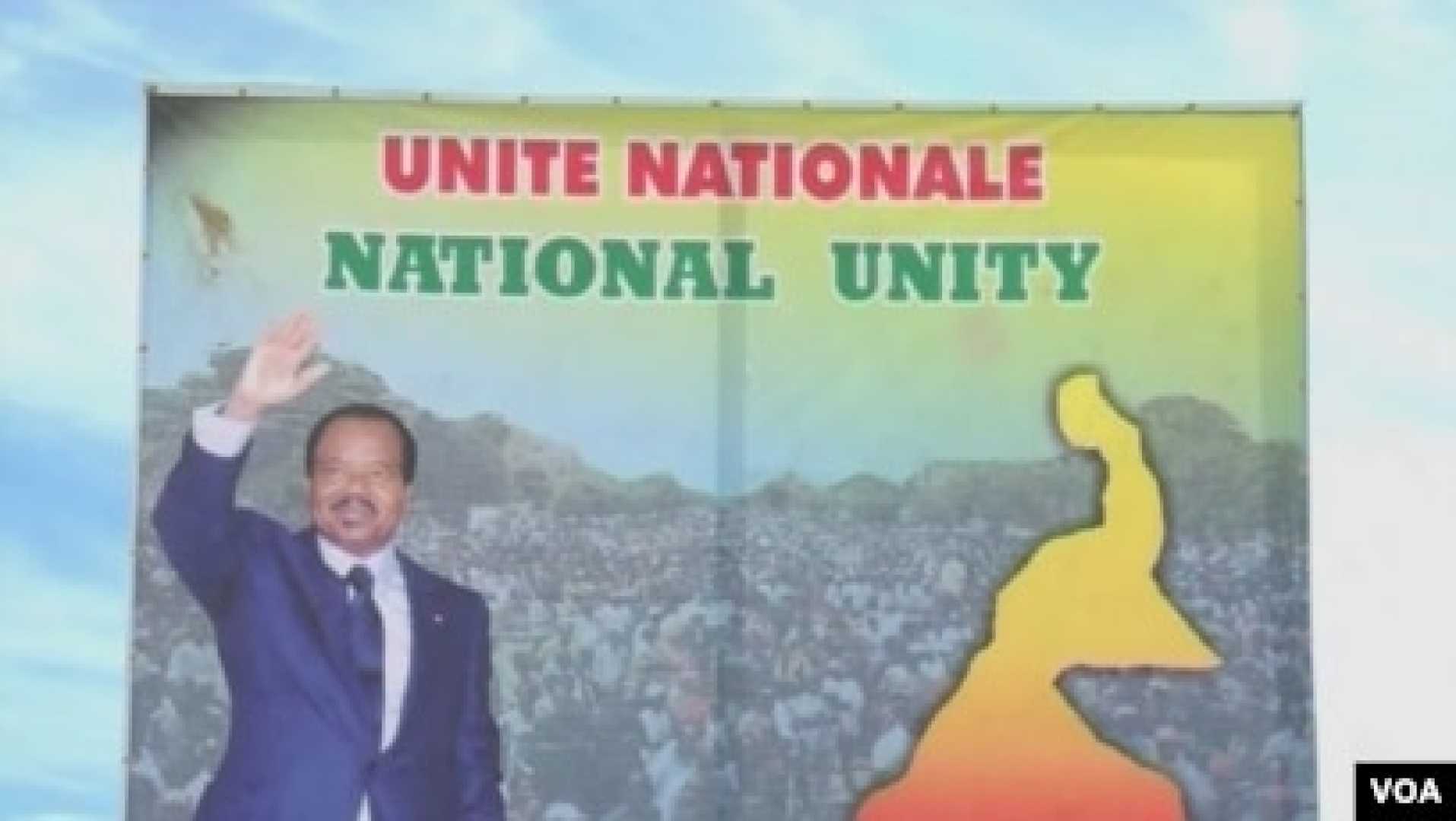Politics
Cameroon’s President Biya Seeks Young Voters Ahead of Election

YAOUNDE, Cameroon — As Cameroon approaches its upcoming election, President Paul Biya, 92, officially announced his bid for an eighth term last week. His social media strategy has become a point of discussion among analysts and voters.
In recent months, Biya has increased his online presence, posting regularly on platforms like Facebook and X (formerly Twitter). This represents a significant shift from his previous, infrequent digital communication.
However, experts caution that his efforts may not resonate with younger voters. “Cameroon has over 5.4 million social media users, but 95% of young people rely on WhatsApp — where presidential communication is nearly non-existent,” said Rostant Tane, director of Media Intelligence Sarl and author of the Cameroon 2024 Multimedia Audience Study.
Critics argue that Biya’s posts lack authenticity. “Many know that it is not Paul Biya himself who is writing,” said Hervé Tiwa, a lecturer in communication sciences. “This creates distance and limits trust.” The posts are often seen as top-down communication that ignores user interaction.
With more than 60% of Cameroon’s population under 25, young voters could play a crucial role in the election’s outcome. “Political communication must serve democracy and transparency, not just be used as a marketing tool,” stated 27-year-old communications specialist Ulrich Donfack.
Youths in Cameroon are seeking substantive action on pressing issues like unemployment. “They want opportunities, change, and hope,” said Falone Ngu, a social enterprise founder. “It’s not just about flashy graphics or slogans.”
Biya’s current social media strategy has largely focused on touting his record during his 43 years in power. His communication team is now publishing excerpts of over 300 speeches given by the president over the decades.
Despite criticisms, some supporters have praised Biya’s attempts to engage digitally, including recent outreach highlighted by state media like Cameroon Tribune. However, skepticism persists among online users. Comments on his recent posts range from concerns about his authenticity to calls for more substantive political reforms.
As the election nears in October, it remains to be seen whether Biya’s digital outreach will successfully attract younger voters.












